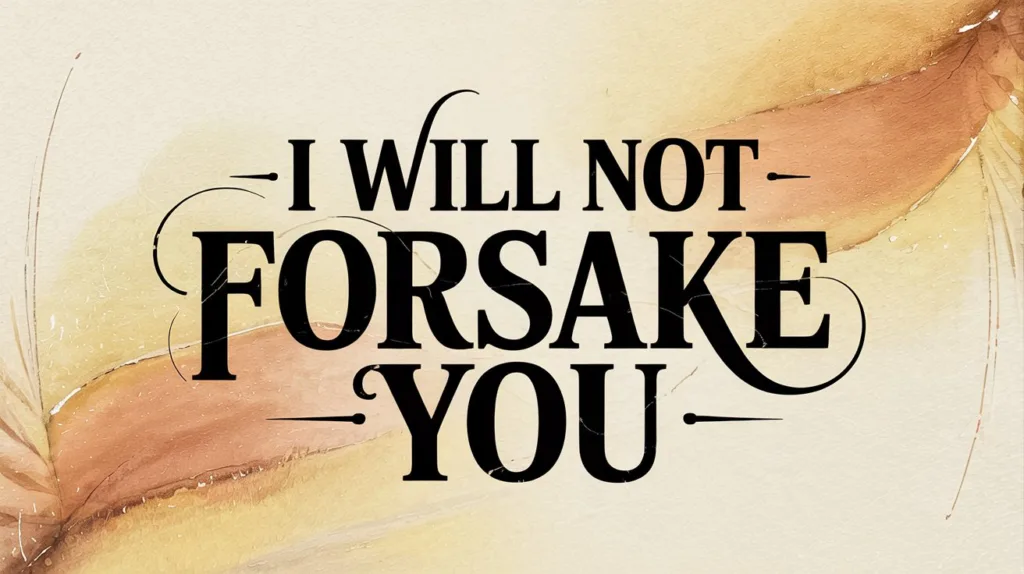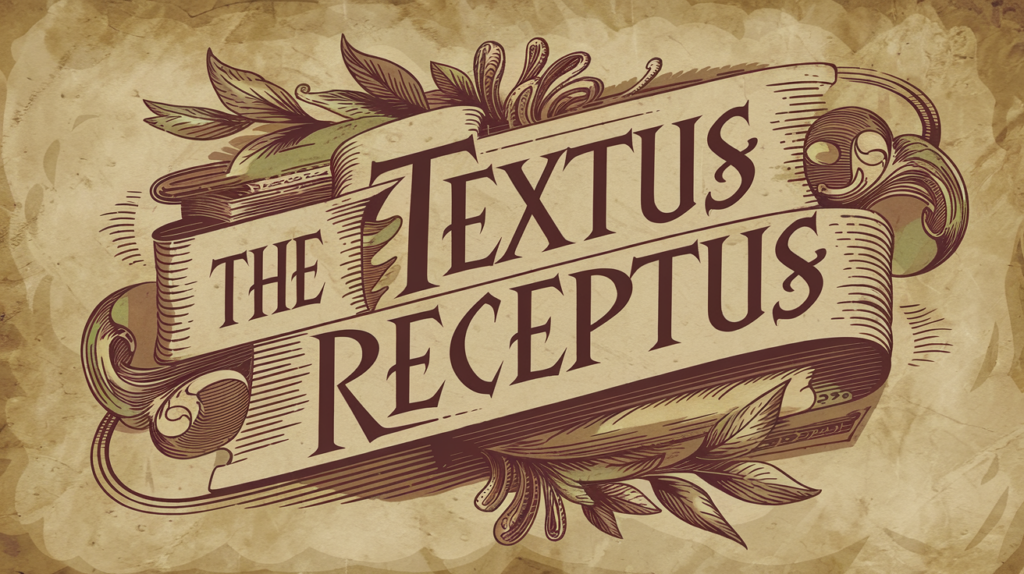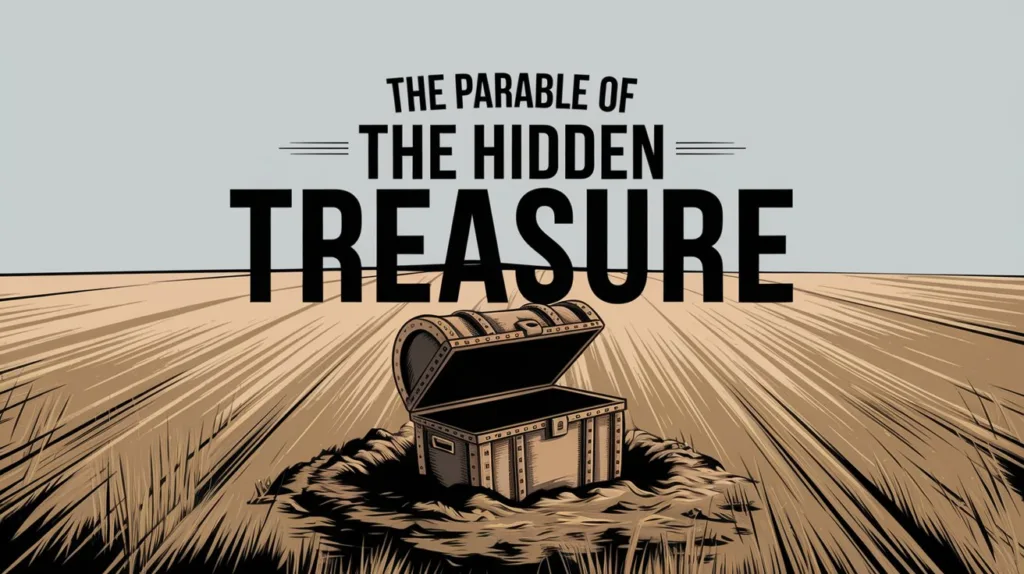Nadab and Abihu were the eldest sons of Aaron, set apart by God to serve as priests in His holy tabernacle. They were born into the Levitical priesthood and were among the chosen few who had witnessed God’s glory firsthand. In Exodus 24:9-10, Scripture records,
“Then Moses went up, also Aaron, Nadab, and Abihu, and seventy of the elders of Israel, and they saw the God of Israel. And there was under His feet as it were a paved work of sapphire stone, and it was like the very heavens in its clarity.”
This extraordinary experience placed them in a position of great privilege and responsibility. They had seen the majesty of God and knew firsthand the sacredness of His presence. Yet despite their knowledge, they fell into sin, and their account serves as a sobering reminder of the consequences of approaching God with irreverence.
The Sin of Nadab and Abihu
Shortly after the inauguration of the priesthood, Nadab and Abihu made a critical error that cost them their lives. Leviticus 10:1-2 recounts the event:
“Then Nadab and Abihu, the sons of Aaron, each took his censer and put fire in it, put incense on it, and offered profane fire before the LORD, which He had not commanded them. So fire went out from the LORD and devoured them, and they died before the LORD.”
Just one chapter earlier, in Leviticus 9:24, fire had come down from heaven to consume the burnt offering, signifying God’s approval of the sacrificial system. Now, fire once again came from the presence of the LORD; but this time it was not in blessing, it was in judgment.
The key phrase in their sin is that they offered “profane fire” or “strange fire” before the LORD. But what exactly was this strange fire?
What Was the Strange Fire?
The Bible does not give an exact definition of what made their offering profane, but there are several possibilities. One likely explanation is that they took fire from an unauthorized source rather than from the altar of burnt offering. According to Leviticus 16:12, the priests were commanded to take coals from the altar when burning incense. If Nadab and Abihu used fire from another source, they disregarded God’s specific instructions, treating His commands as something they could modify at will.
Another possibility is that they offered incense at the wrong time or in an unauthorized manner. The sacrificial system had precise instructions regarding when and how offerings were to be made, and if they acted outside of God’s timing, they were guilty of presumption.
Some scholars suggest that Nadab and Abihu may have entered the Holy of Holies when they were not permitted to do so. Leviticus 16:1-2 references their deaths and follows with instructions that Aaron must not enter the Most Holy Place at just any time. If they had attempted to approach the direct presence of God in an unauthorized way, their actions would have been a serious violation of God’s holiness.
There is also a strong indication that intoxication may have played a role in their sin. Immediately after their deaths, the LORD gave a new command in Leviticus 10:9:
“Do not drink wine or intoxicating drink, you nor your sons with you, when you go into the tabernacle of meeting, lest you die. It shall be a statute forever throughout your generations.”
The placement of this command immediately after their judgment suggests that Nadab and Abihu may have been under the influence when they approached God, leading to their careless and irreverent worship.
The Consequences of Their Actions
The judgment against Nadab and Abihu was immediate and severe. God did not allow their actions to go unpunished; for to do so would have been to diminish the seriousness of His holiness. When Aaron witnessed his sons’ deaths, Moses reminded him of the words of the LORD:
“By those who come near Me I must be regarded as holy; And before all the people I must be glorified.” (Leviticus 10:3).
Aaron held his peace, recognizing that their deaths were justified under God’s righteous judgment. Their bodies were carried outside the camp, and Aaron and his remaining sons, Eleazar and Ithamar, were forbidden from mourning them openly. God was making a public statement (those who minister before Him must uphold His holiness).
Worship in Spirit and in Truth
The account of Nadab and Abihu teaches us that worship is not about what we think is right, but about what God has commanded. They did not offer something inherently evil; they simply did what God “had not commanded.” This means that even well-intentioned worship, if done in a way that violates God’s instructions, is unacceptable.
It also reminds us that God’s holiness is not to be taken lightly. Many today approach worship with a casual or entertainment-driven mindset, forgetting that God is the same holy God who consumed Nadab and Abihu. While we are under grace through Jesus Christ, this does not mean we can worship God however we please. John 4:24 reminds us that “God is Spirit, and those who worship Him must worship in spirit and truth.” Worship must be both heartfelt and aligned with His truth.
This passage serves as a reminder that God requires His people to be set apart. The holiness of God demands that we approach Him with reverence, obedience, and purity. As Leviticus 10:3 states,
“By those who come near Me I must be regarded as holy.”
My Final Thoughts
The deaths of Nadab and Abihu may seem harsh to modern readers, but they were a necessary demons/”>demonstration of God’s unchanging holiness. They were priests, privileged to serve before the Lord, yet they took His commands lightly. Their story is a warning that we must approach God with the reverence and obedience He deserves.
Worship is not about our emotions or creativity; it is about honoring the holiness of God in the way He has prescribed. This is not a call to legalism but to true, reverent worship. Jesus, our High Priest, has made a way for us to approach God with confidence, but that approach must still be in accordance with His Word. May we never fall into the trap of thinking that God will accept whatever we offer. Instead, let us seek to worship Him in spirit and in truth, always remembering that “By those who come near Me I must be regarded as holy.”





 Get the book that teaches you how to evangelize and disarm doctrines from every single major cult group today.
Get the book that teaches you how to evangelize and disarm doctrines from every single major cult group today.